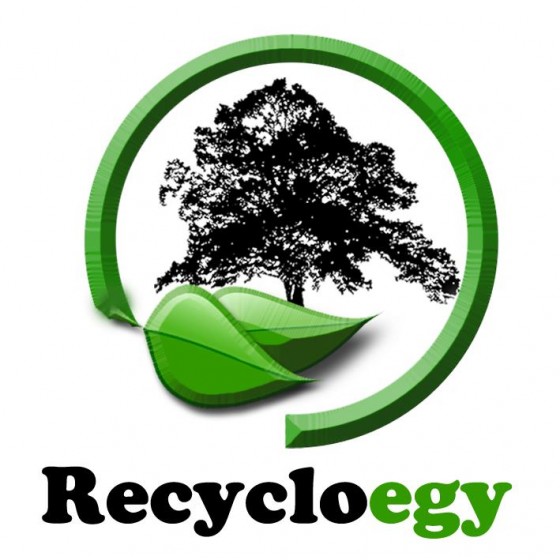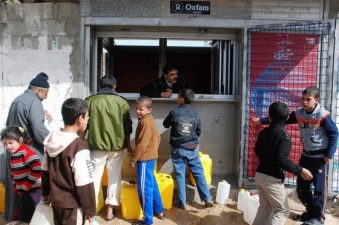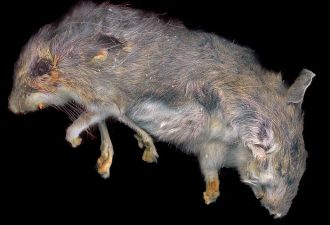 Every year when farmers start harvesting their sugar cane, maize and other crops, Cairenes brace themselves for what is ominously known as “The Black Cloud.” Caused when seasonal meteorological conditions meet the smoke released by burning agricultural waste, the heavy black pollution settles over an already smoggy Cairo, and respiratory diseases flourish.
Every year when farmers start harvesting their sugar cane, maize and other crops, Cairenes brace themselves for what is ominously known as “The Black Cloud.” Caused when seasonal meteorological conditions meet the smoke released by burning agricultural waste, the heavy black pollution settles over an already smoggy Cairo, and respiratory diseases flourish.
Now a new team of ambitious young Egyptians aims not only to scrub the skies clean of its soot, but to make a pile of money doing so. Founded by Yahia Mohamed Reda, who devoted his graduation project at Banha University to finding a way to convert agricultural waste into activated carbon, RecycloEgy must first raise the funds that will see this lofty ambition through.
By mixing agricultural waste with chemicals at a certain temperature, Reda can produce activated carbon that has a variety of applications.
Most significantly, perhaps, activated carbon is used to remove pollutants such as pesticide from water, and can be used as a substitute for the chlorine so widely used to the detriment of residents’ health in Cairo.
It is also used to whiten and purify sugar.
Despite its many benefits, Reda told Egypt Independent that nobody in North Africa or the Middle East are producing it. In fact, Egypt alone imports approximately 6,000 tons of activated carbon per year at significant cost.
But before we get excited about this extraordinary earning potential, RecycloEgy has a long way to go before it will have sufficient funds to properly develop their concept and sell it to other countries on the African continent or to Gulf countries.
The company’s three-pronged approach includes establishing a small waste collection facility near Banha, where they will charge a small fee to process the waste that is inadequately processed by government.
Then they plan to convert some agricultural waste for use as an organic fertilizer or biogas, and to recycle solid waste into items that can be sold.
Only after these two cash cows are grown will the ultimate goal of developing activated carbon be in reach.
“[In] the long term, I think the activated carbon will contribute to protecting Egypt from the black clouds that consist of the accumulation of factories’ vapors and gases and burning the agricultural wastes by the farmers,” Reda told the paper.
We don’t think this can happen soon enough.
Image of Cairo’s polluted sky, Shutterstock




